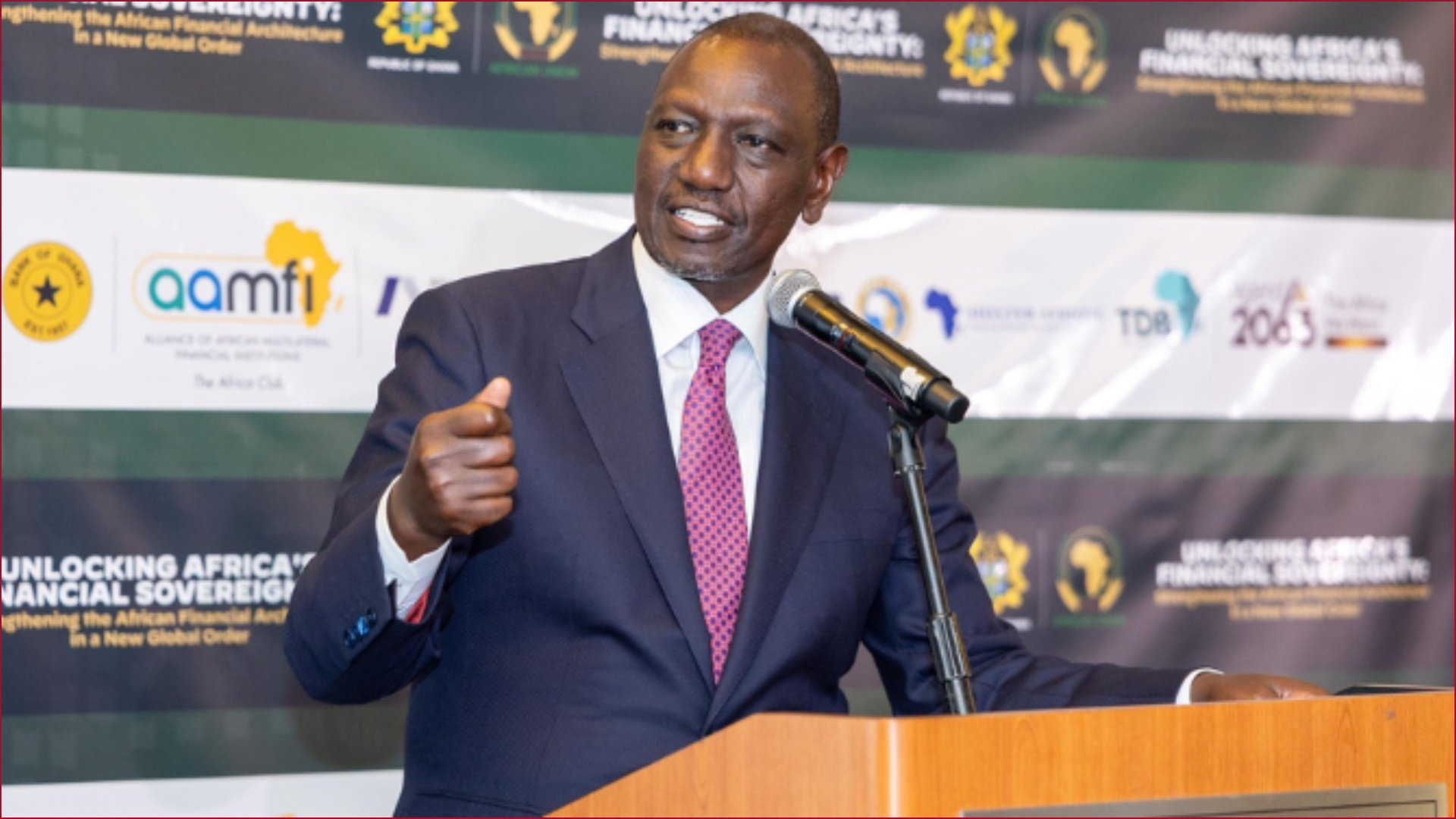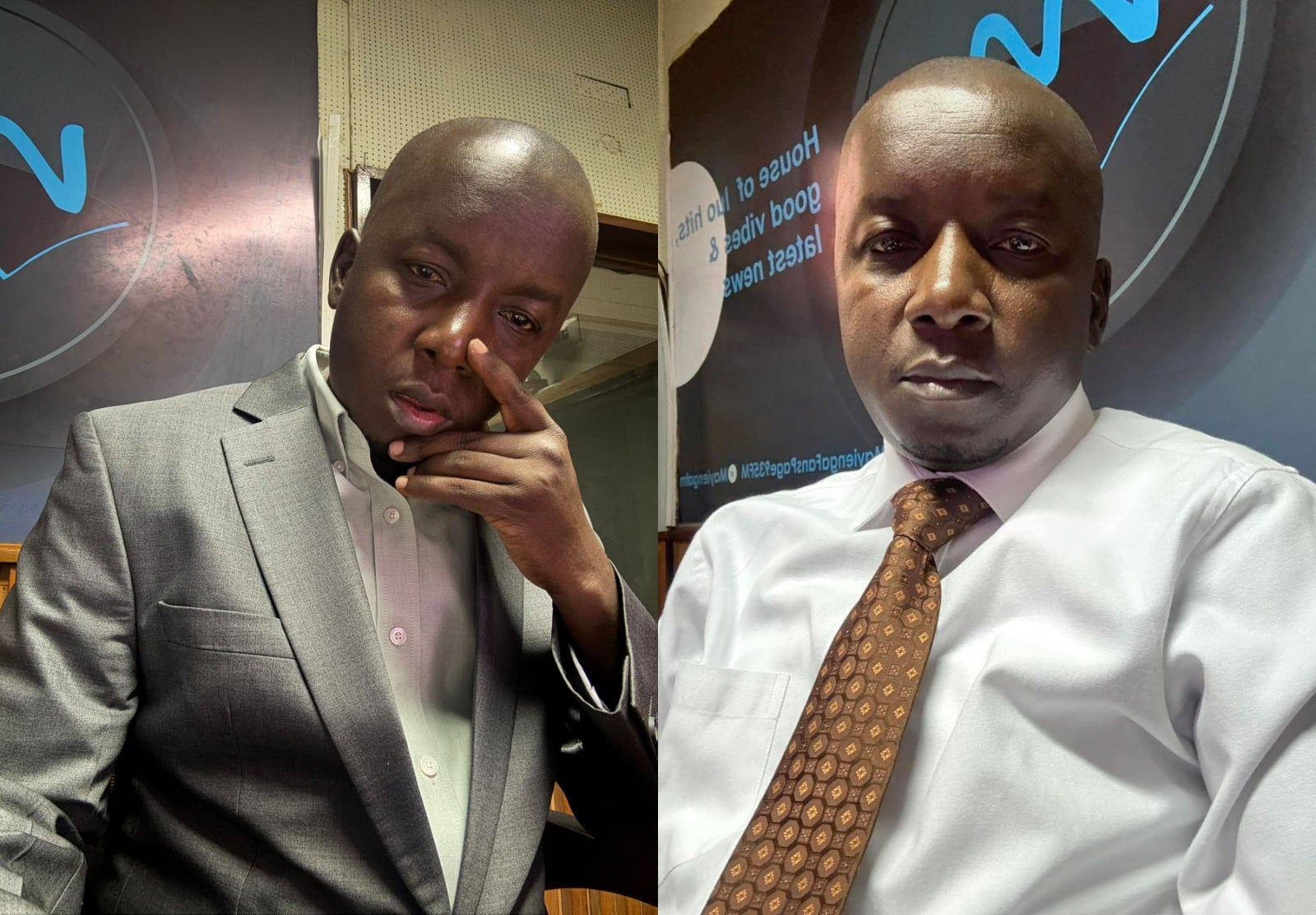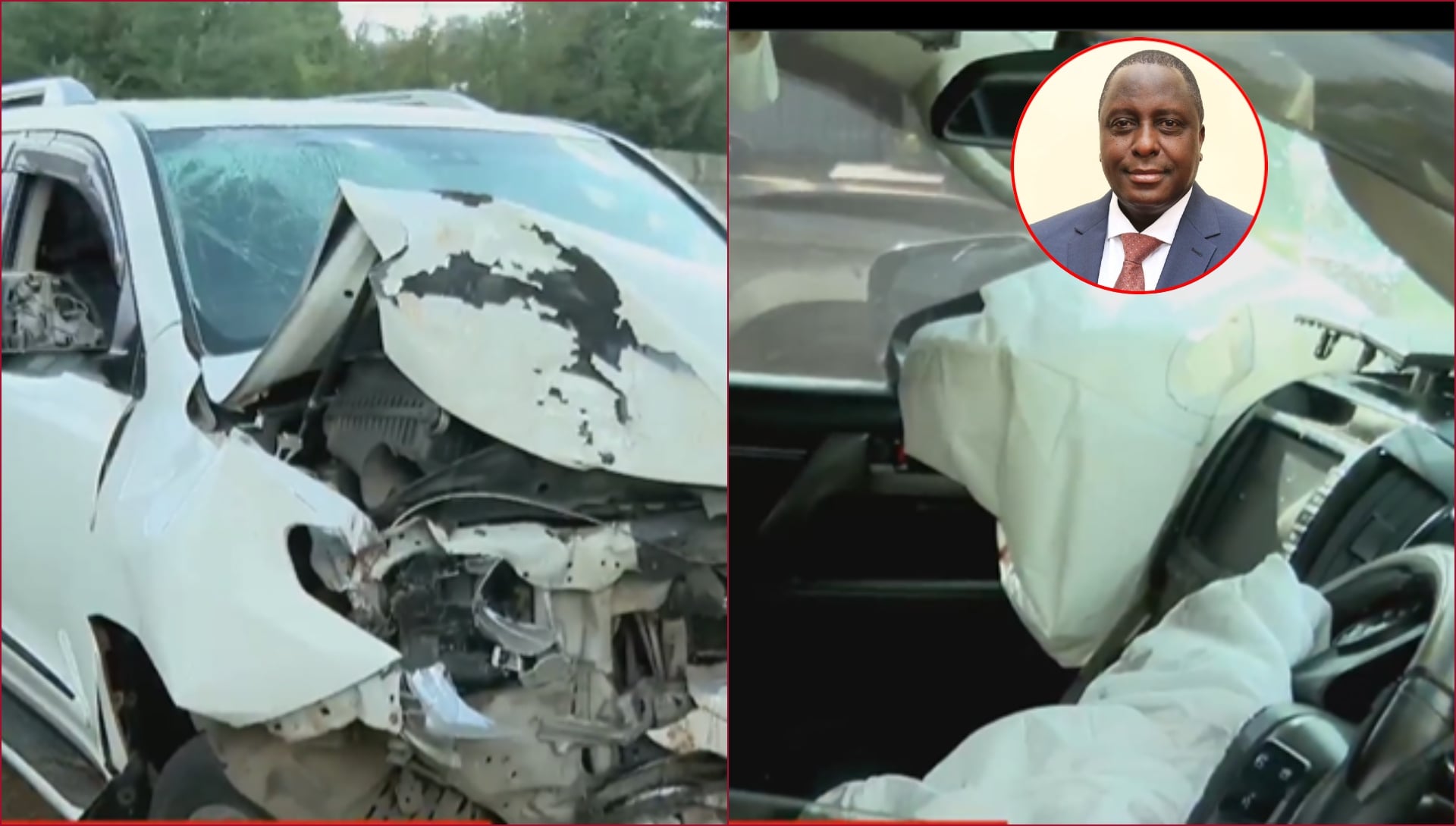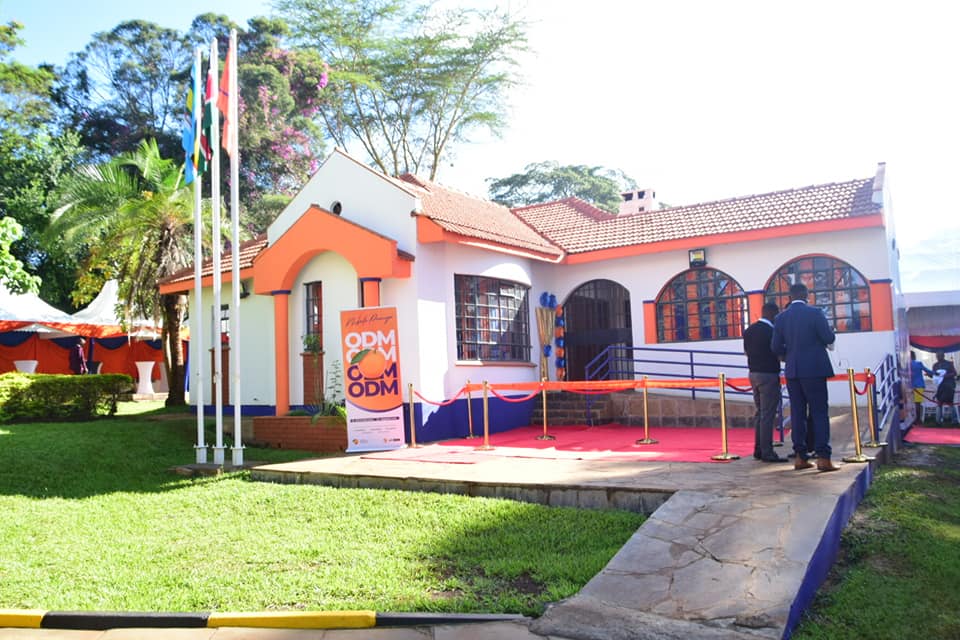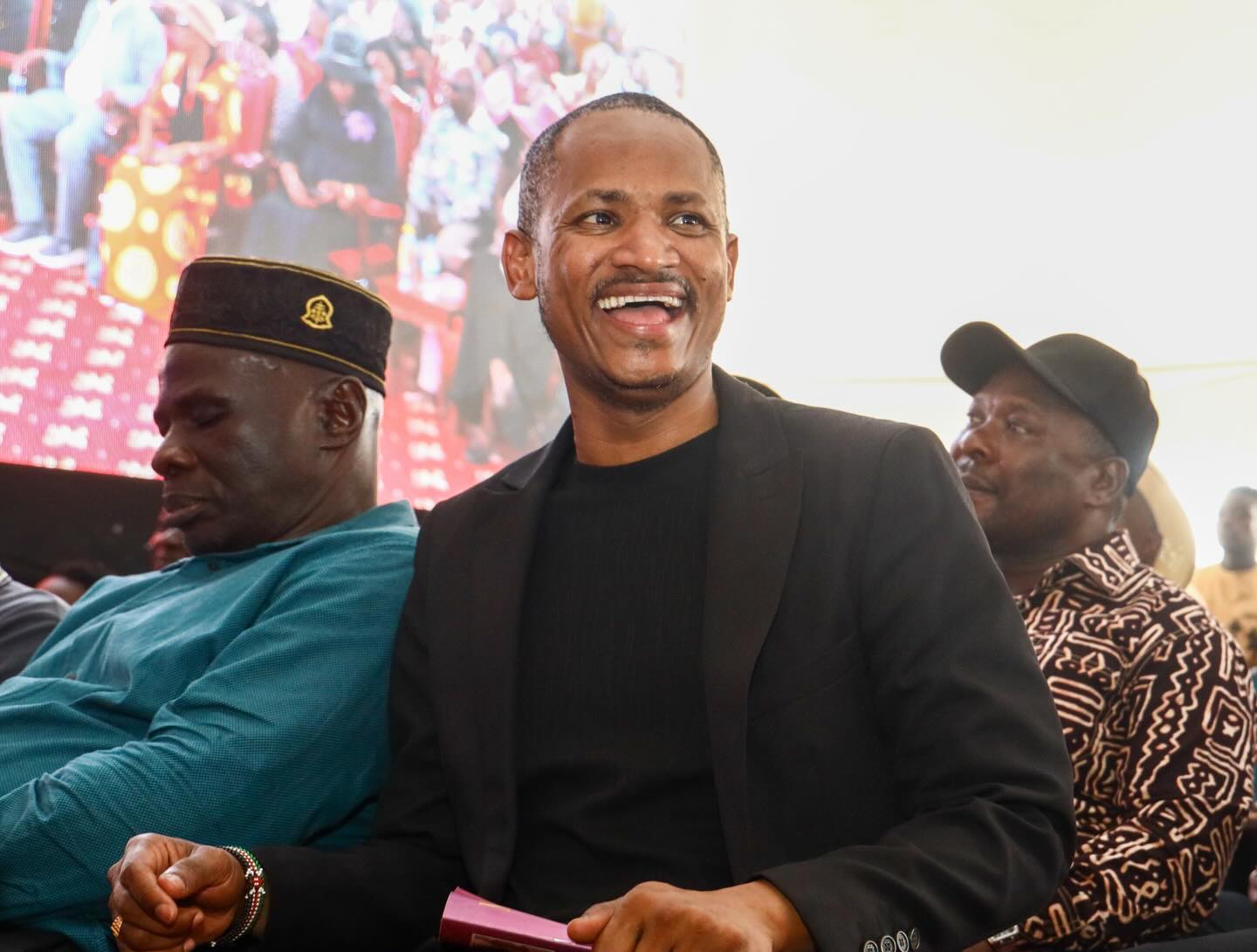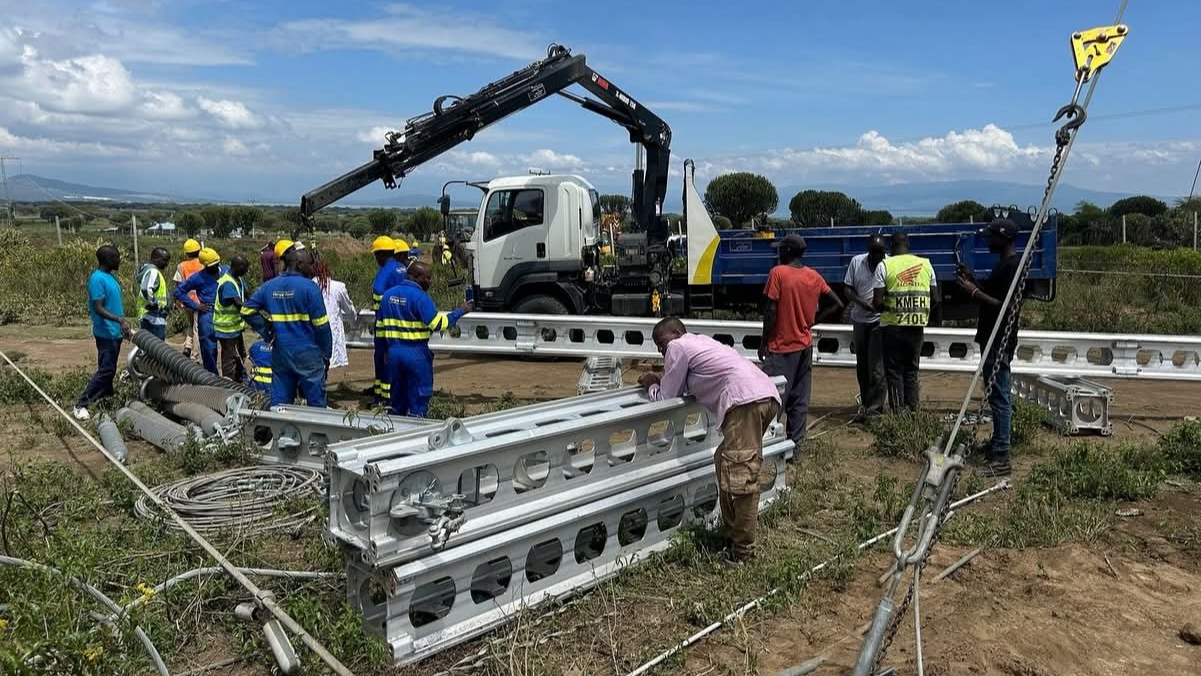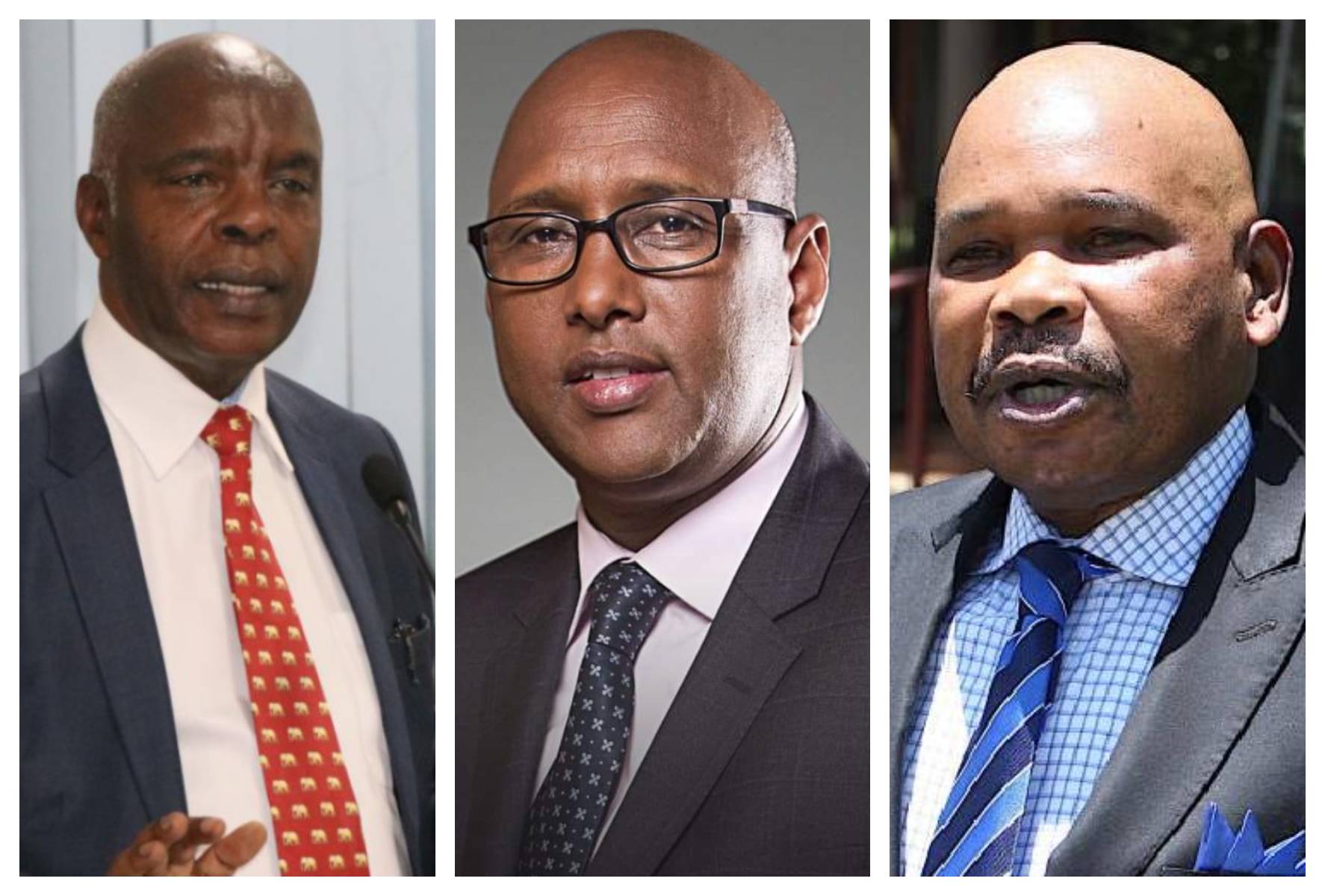President William Ruto has openly acknowledged accusations that he micro-manages his staff, defending his hands-on leadership style as necessary to combat mediocrity and raise the country's ambitions.
Speaking during the launch of Marsden Madoka's book at State House on Monday, the head of state explained that his approach is driven by reluctance and complacency among some government officials who maintain a "business as usual" mentality.
"Many at times I am accused of micro-managing staff. But when you have reluctant people, people who have the mentality of 'we have seen many presidents before', like their mentality if business as usual. That is why I have taken it upon myself in the last 3 years to raise our country's ambition," Ruto stated.
The President expressed frustration with what he described as a culture of average performance that has limited the nation's potential for growth and development.
"For far too long we have worked with the usual. We have made peace with mediocrity. Our standard has been average. It limits our ambition. That ambition is what is driving me in this country," he said.
Read More
Ruto emphasized that Kenya cannot afford to continue operating at average levels, insisting that standards must be elevated across all government sectors.
"We cannot continue operation on average. We have to raise our standards,” he noted.
Using the education sector as an example of his administration's achievements, President Ruto traced the evolution of educational policies from previous regimes and how his government has addressed emerging challenges.
"My predecessors; Moi was good with education. Former president Kibaki rolled out free primary education. My good friend Uhuru Kenyatta told us we must do 100% transition. There were too many kids slipping away after primary education," Ruto noted.
He explained that while the 100% transition policy ensured more children progressed to secondary school, it created significant infrastructure, staffing, and funding challenges.
"He encouraged us to do 100% transition. It became my responsibility. It ensured there were many children in subsequent classes but it brought many problems with classes, teachers and money to teach," the President said.
Ruto highlighted his administration's response to these challenges over the past three years, including massive infrastructure development and teacher recruitment.
"But for last three years I have been busy. We have built new classrooms, and by January, we will have hired 100,000 teachers to handle the same problem. And today we have a student-centered model to ensure no student is left behind," he stated.

This is not the first time President Ruto's leadership approach has come under scrutiny.
In 2023, former United Democratic Alliance vice chairman Kipruto Kirwa characterized the President's style as one that seeks extensive control over his administration's operations.
Kirwa had observed that Ruto functions like a manager who feels compelled to oversee every detail of his employees' work and decision-making processes to an excessive degree.
He suggested that the President dedicates considerable time to closely supervising various departments, which creates an atmosphere of constant apprehension among ministers.
Kirwa argued that when officials operate in such an environment, they are less likely to make independent decisions.
"He will spend a lot of time micro-managing a department such that ministers are in perpetual fear," Kirwa stated.
Despite the criticism, President Ruto has repeatedly defended his leadership approach, arguing that his difficult but essential decisions have rescued the country from economic crisis.
During the 60th Labour Day celebrations earlier this year, the President maintained that his persistent efforts, though sometimes unpopular, had successfully revitalized the economy.
"If I had not made the right decisions in 2022, if I had not stopped the subsidies on fuel, unga, and other items, we would not be talking today about Kenya being the sixth-largest economy in Africa," Ruto asserted.
